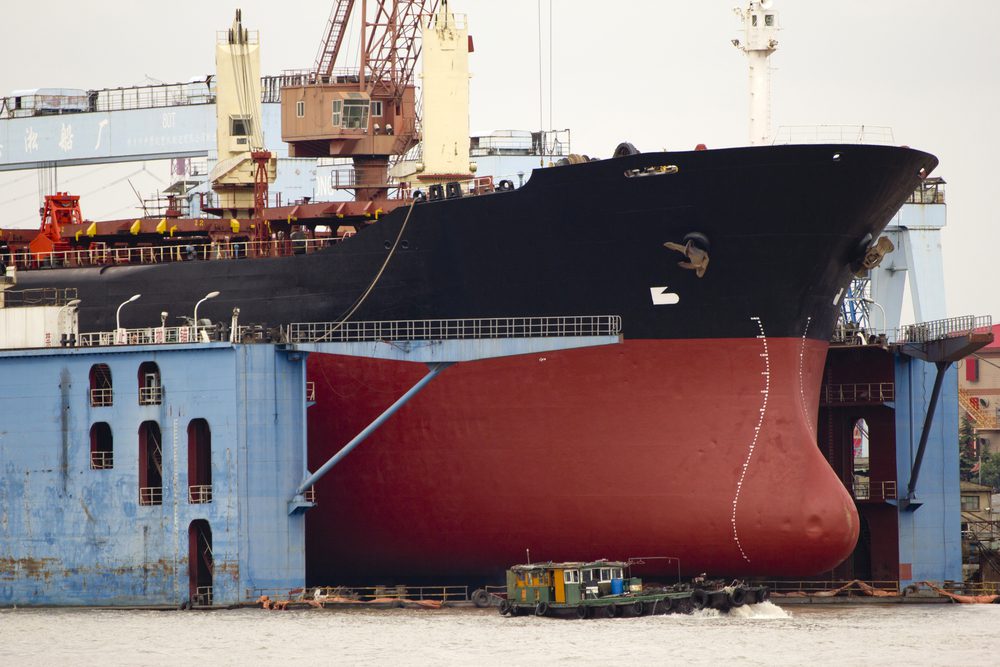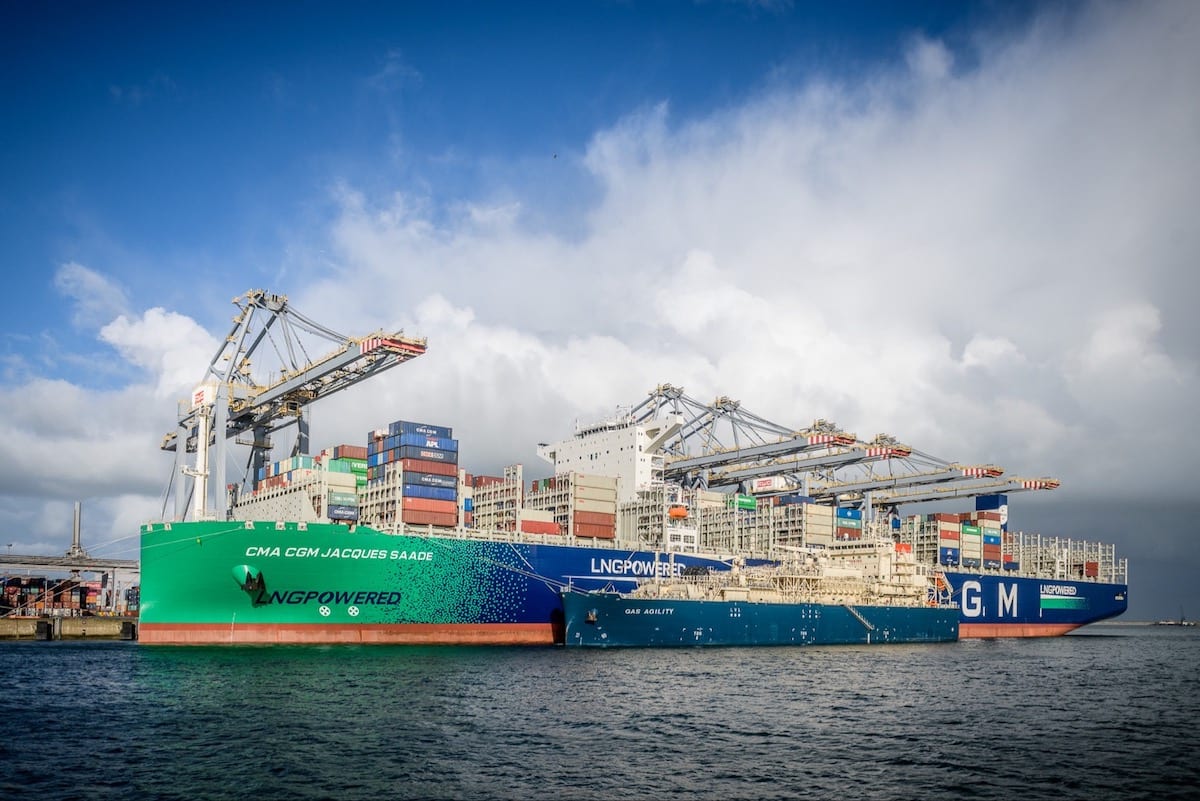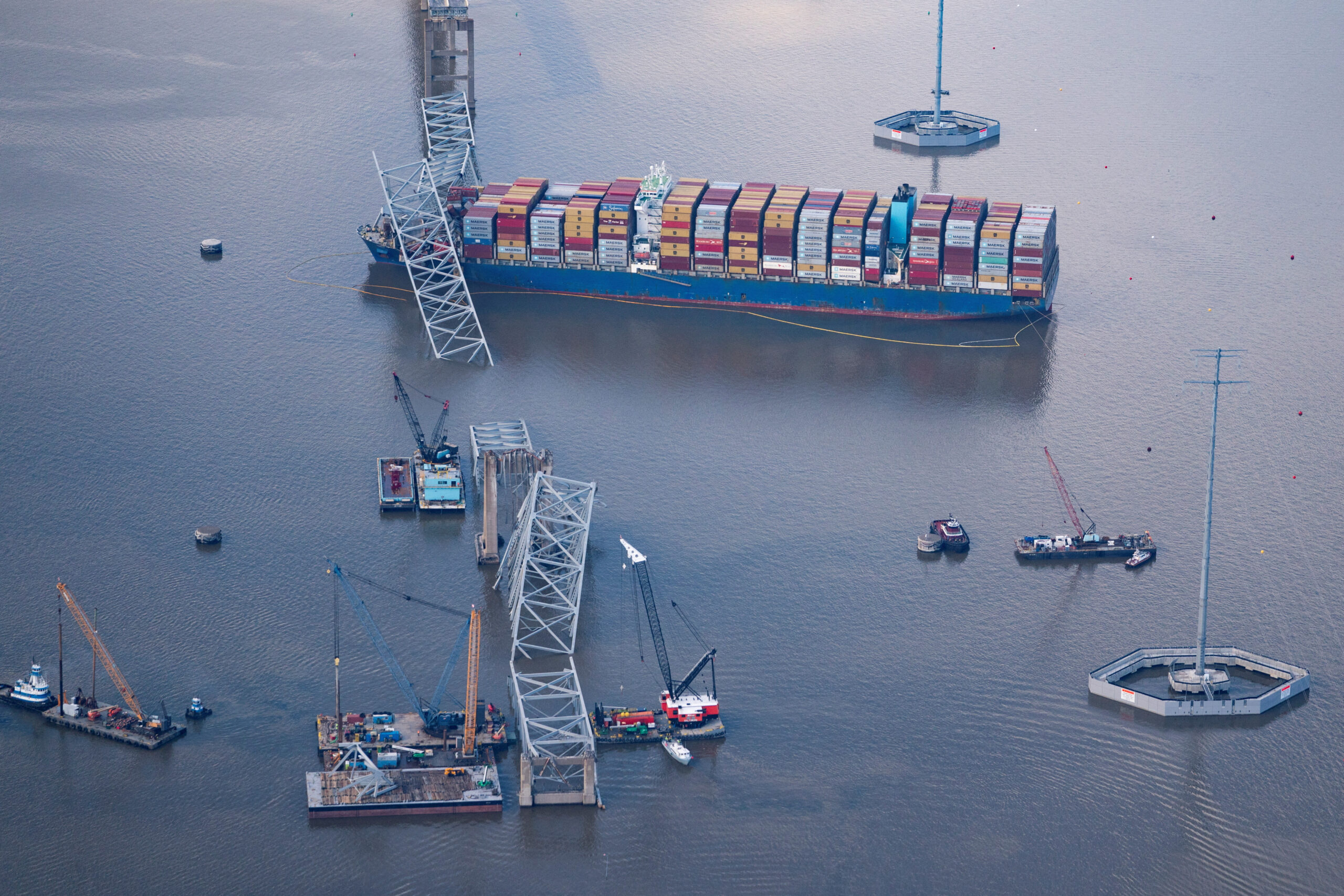By Kyunghee Park
(Bloomberg) — The weakening yuan and China’s waning appetite for raw materials have come around to bite the country’s shipbuilders, raising the odds that more shipyards will soon be shuttered.
About 140 yards in the world’s second-biggest shipbuilding nation have gone out of business since 2010, and more are expected to close in the next two years after only 69 won orders for vessels last year, JPMorgan Chase & Co. analysts Sokje Lee and Minsung Lee wrote in a Jan. 6 report. That compares with 126 shipyards that fielded orders in 2014 and 147 in 2013.
Total orders at Chinese shipyards tumbled 59 percent in the first 11 months of 2015, according to data released Dec. 15 by the China Association of the National Shipbuilding Industry. Builders have sought government support as excess vessel capacity drives down shipping rates and prompts customers to cancel contracts. Zhoushan Wuzhou Ship Repairing & Building Co. last month became the first state-owned shipbuilder to go bankrupt in a decade.
“The chance of orders being canceled at Chinese yards is becoming greater and greater,” said Park Moo Hyun, an analyst at Hana Daetoo Securities Co. in Seoul. “While a weaker yuan could mean cheaper ship prices for customers, it still won’t be enough to lure back any buyers. Chinese shipbuilders won’t be able to revive even if you try breathing some life into them.”
The Baltic Dry Index, which measures the cost of transporting raw materials, dropped 39 percent last year and hit a historical low Dec. 16. Aggravating the situation is Chinese shipyards’ heavy reliance on bulk carriers, which are used to haul commodities from iron ore to coal and grain.
Bulk ships accounted for 41.6 percent of Chinese shipyards’ $26.6 billion orderbook as of Dec. 1, according to Clarkson Plc, the world’s largest shipbroker. That compares with a 3.5 percent share at South Korean shipyards, which have more exposure to the tankers and gas carriers that are among the few bright spots in a beleaguered shipping industry.
Cosco Corp. Singapore Ltd., which is owned by a Chinese parent company and has its shipyards on the mainland, and Yangzijiang Shipbuilding Holdings Ltd. saw some bulk-carrier orders canceled last year.
©2016 Bloomberg News
Unlock Exclusive Insights Today!
Join the gCaptain Club for curated content, insider opinions, and vibrant community discussions.

 Join The Club
Join The Club













